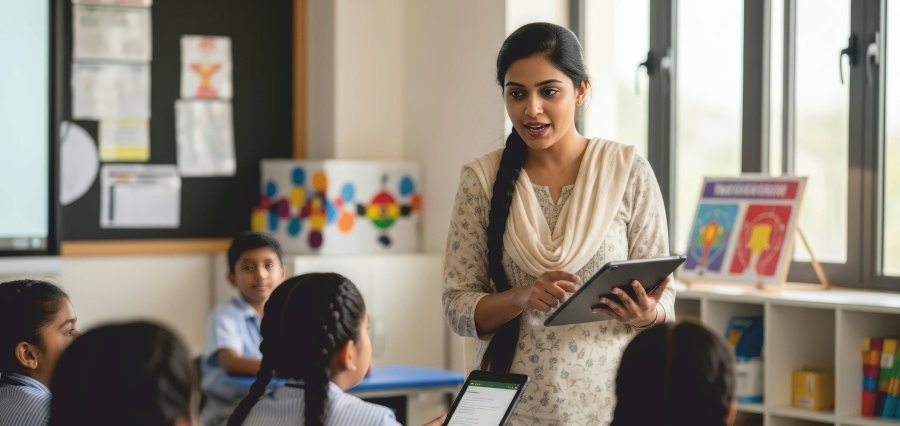From Classrooms to Communities
Boarding schools have always been distinguished by order and a robust academic practice. However, personalised learning has become a widespread habit of thinking among people. This approach recognises that students learn in different ways and at different paces. It also aims to provide each learner with the tools and support they need to thrive.
It is more than offering more subject choices. It is not just about understanding the resilience of every student, including their interests and challenges, but also about making a plan that helps their educational, social, and personal growth. This is particularly effective in boarding schools where students live and learn in a close-knit community.
Understanding the Individual Student
Personalised learning begins with truly understanding each student. Boarding schools create environments in which the students are in the company of teachers and staff not only in the classroom but also in dining halls, dormitories, and extracurricular activities. It is through this daily interaction that the educators will understand the personality of a student, the learning style and areas they need to improve.
Through tools such as learning assessments, progress tracking, and weekly one-on-one mentoring sessions, boarding schools can adapt the academic curriculum to each student and their individual learning needs.
Flexible Learning Paths
Traditional education often follows a fixed curriculum and rigid schedule for all students. Nonetheless, personalised learning is flexible. This may involve a student in one school having more time to explore a challenging course or a student being able to move on with certain subjects because they have already mastered the material.
Flexibility also comes from offering a variety of elective courses, opportunities for independent studies, and project-based learning opportunities. These enable students to pursue their interests and, at the same time, meet the main academic requirements.
Learning Beyond the Classroom
Among the best advantages of boarding schools is the fact that a school day does not have a final learning time. Dormitory talks, cultural events, sports and community service projects all help a student to grow personally.
The activities used in personalised learning continue beyond the school day. For example, a student with a special interest in environmental science may run a sustainable project at the local campus, combining academic knowledge with practical experience.
Strong Mentorship and Support
Mentorship is an important part of personalised learning. Boarding schools often assign each student a mentor or house parent to assist them with academic progress and well-being. This motivational advice helps students set goals, resolve obstacles, and develop confidence.
Moreover, the campus of a boarding school offers a community of peers who encourage and support one another. Students can also learn through group study sessions, peer tutoring and shared projects, where they learn to share in teamwork and other related activities.
Learning with the aid of Technology
Technology has brought personalised learning closer and more effective. There exist LMS, online portals, and data analytics, which are heavily utilised by many boarding schools today and are used to track their development and identify areas for improvement by the students.
With digital tools, managing enrichment opportunities, such as virtual field trips, online courses or access to experts half a world away, is also easier.
Preparing Students for the Future
Personalised learning should not only aim at boosting education outcomes, but also at preparing students to excel beyond school. In fostering independence, self-knowledge, and autonomy of their learning, boarding schools provide students with tools that they will require in university, professions, and their communities.
Conclusion
The inception of personalised learning at boarding schools is the result of a broader educational philosophy; no two students are the same, and their education should reflect that. By combining academic freedom, real-world experiences, strong mentorship, and technology, boarding schools are creating environments where every student can reach their full potential. This transforms education from a one-size-fits-all model into a truly student-centred approach that extends far beyond the classroom.
Read Also : How Sports Leaders are Shaping Tomorrow’s Athletic Culture





